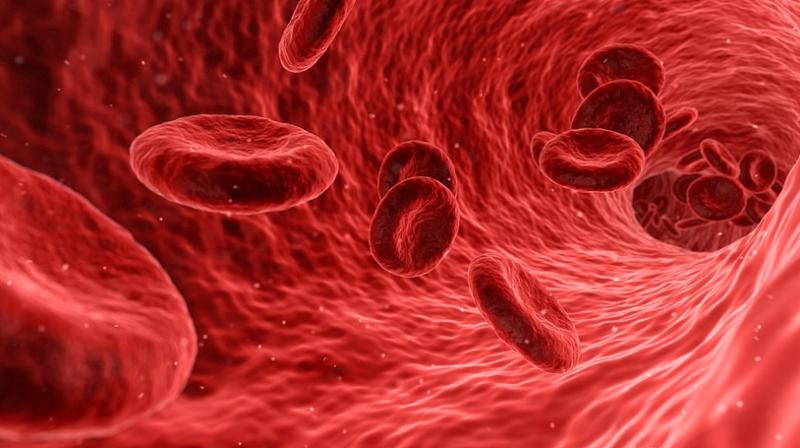CCMB kit to screen tribal populations
CCMB kit to screen Tribal populations for sickle cell anaemia

Hyderabad:With nearly two lakh people in India identified with sickle cell anaemia, raising awareness about its causes and prevention is critical.
Scientists at the Centre for Cellular and Molecular Biology (CCMB), working under the National Sickle Cell Anaemia Elimination Mission (NSCAEM), have partnered with the Tata Steel Foundation (TSF) and the National Health Mission (NHM), Jharkhand, to enhance screening and diagnostics, particularly among tribal communities.
A pilot project will be implemented in three Jharkhand districts — East Singhbhum, West Singhbhum and Saraikela. The team also engages with NHM commissioners from other states, including Telangana.
Two years ago, Dr Giriraj Ratan Chandak and his team developed the ‘Dried Blood Spot’ (DBS) PCR molecular test, which detects sickle cell anaemia using just a single drop of blood. So far, over five crore individuals across India have been screened using this method. The results indicate that 14 lakh people (2.7 per cent of those tested) carry the sickle cell trait, while 1,99,948 individuals (0.4 per cent) have the disease.
“The testing kit is simple, compact and efficient. A single drop of blood is placed on specially designed paper, followed by direct PCR testing without preprocessing. This method differentiates between normal, carrier and diseased samples, eliminating the need for intravenous blood collection, DNA isolation and quality control checks. It has already been successfully deployed in Chhattisgarh, Maharashtra, Madhya Pradesh and Rajasthan,” Dr Chandak informed.
He explained that the current NSCAEM screening model relies on solubility-based testing, with confirmation through capillary electrophoresis or HPLC. This process is costly (`200 to `800 per test), requires outsourcing and often fails to detect carriers or undiagnosed patients. Additionally, it involves retracing solubility-positive individuals, collecting anticoagulated blood and transporting samples while preventing haemolysis. While point-of-care devices provide quick results, their accuracy is inconsistent.
“With DBS PCR, a single drop of blood is sufficient for diagnosis. The kit required to collect samples is minimal and PCR machines can test up to 100 samples at a time. This significantly lowers testing costs and enables screening in remote areas. Identifying the exact prevalence of the disease is crucial. Early detection of carriers will allow for targeted counselling,” he added.
Jharkhand is one of the 17 states covered under NSCAEM, with a high burden of sickle cell anaemia, particularly among Particularly Vulnerable Tribal Groups (PVTGs). “The Tata Steel Foundation has a strong presence in Jharkhand and Odisha through public health programmes focused on women’s health. We will leverage this existing network to implement the pilot project, working with frontline health workers including ASHAs, ANMs and MANSI+ functionaries to reach over 300 villages in each district,” said Dr Anuj Bhatnagar from TSF.
Dr Vinay Nandicoori, director of CCMB, noted that the only existing treatment is lifelong Hydroxyurea medication. “A permanent cure lies in gene editing. CCMB has developed its own gene-editing technology, EnFnCas9, which can modify genes to prevent the disease. Another approach is identifying carriers and advising them to avoid having children with other carriers,” he said.
